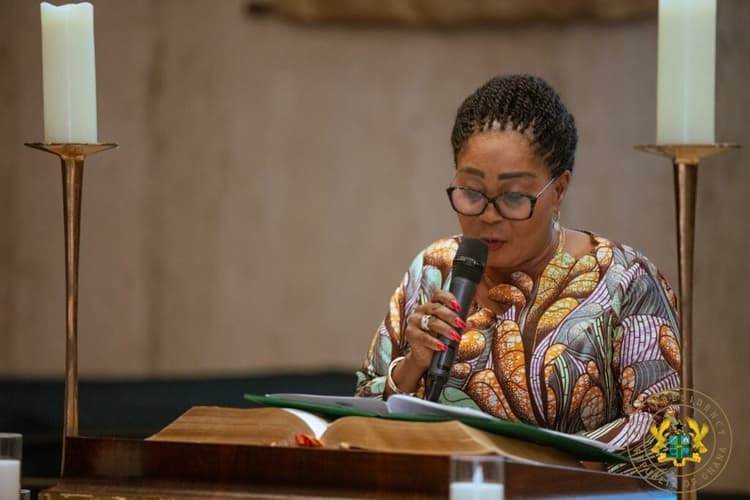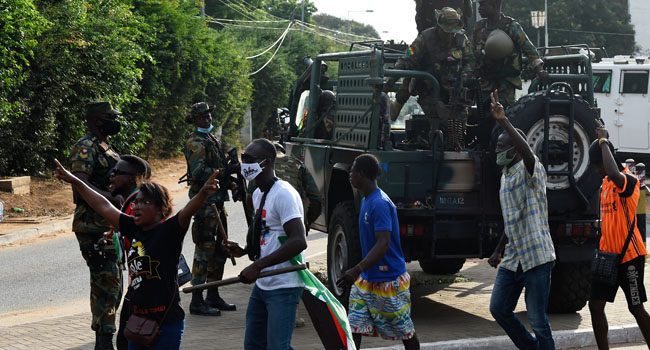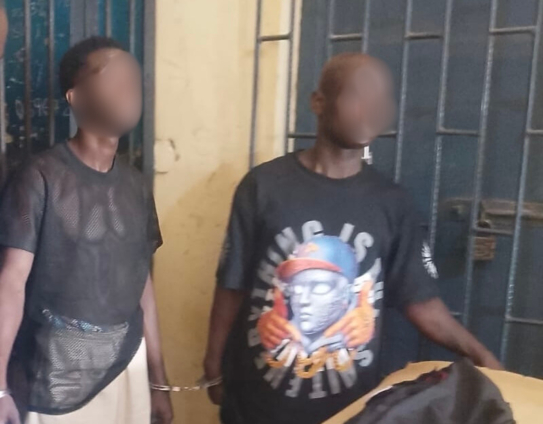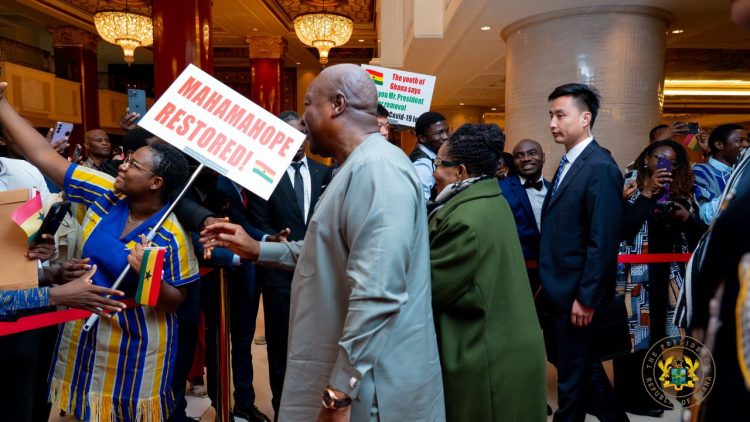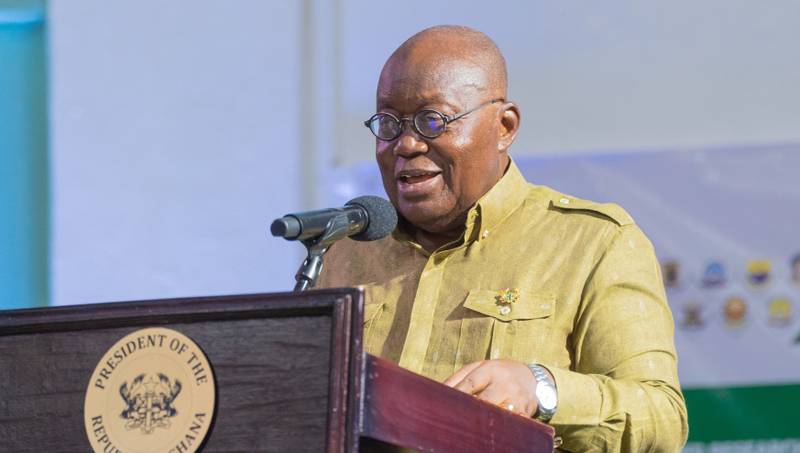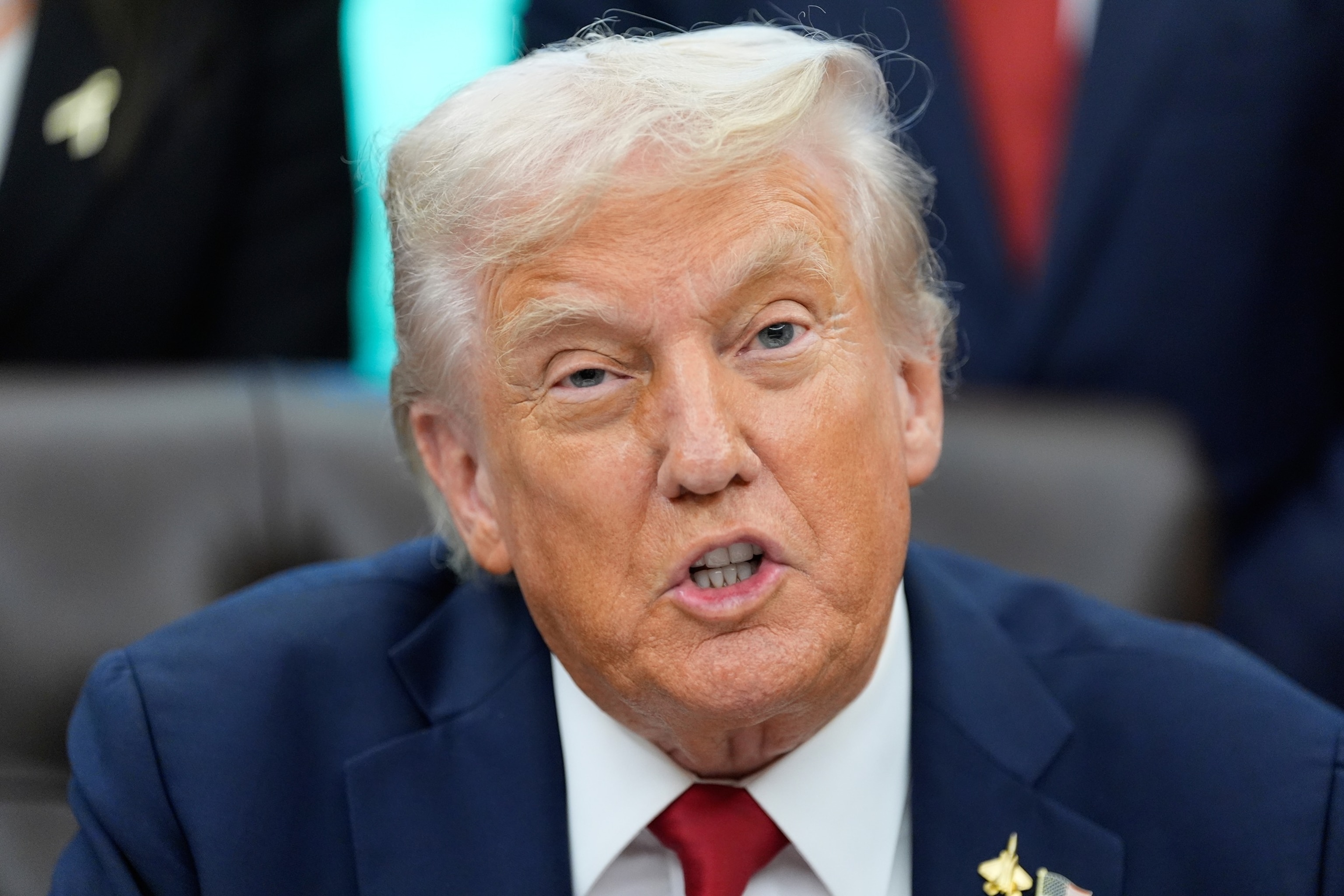In a solemn appeal before global faith and policy leaders at the 80th United Nations General Assembly, Ghana’s First Lady, Lordina Mahama, urged the international community to strengthen its commitment to protecting vulnerable children worldwide—particularly those affected by armed conflict and humanitarian crises in Africa.
Speaking Monday at an interfaith prayer service for peace and hope, organized by World Vision International and partner organizations, Mrs. Mahama warned of a growing crisis for the world’s most at-risk youth, as funding shortfalls and institutional distrust erode global efforts to safeguard their futures.
“We gather here from different nations and cultures, but we are united by our shared faith,” she said. “Through prayer and decisive leadership, we can create a world where every child is protected and empowered to achieve their full potential.”
Her remarks come amid mounting concern over the conditions facing children in conflict zones, many of whom, she noted, are being robbed of their childhoods—forced into combat, separated from families, and left to endure trauma with little hope of recovery.
“These are precious lives destroyed by circumstances beyond their control,” she said. “When nations fail to focus on policies that safeguard the home, strengthen communities, and nurture the youth, it is our children who suffer most.”
Mrs. Mahama pointed to her own philanthropic work through the Lordina Foundation, a Ghana-based non-governmental organization focused on supporting orphans and underprivileged youth, as an example of how targeted social interventions can change lives. She called for increased investment in such efforts globally, urging faith-based and civil society actors to do more.
The annual interfaith gathering, held on the sidelines of the UNGA, was attended by representatives from the World Council of Churches, Caritas Internationalis, the Episcopal Church, and other organizations. Ghanaian officials, including Deputy Chief of Staff Nana Oye Bampoe Addo, were also present.
Mrs. Mahama’s address served as a reminder of the moral and political urgency surrounding child welfare issues at a time of heightened geopolitical instability. As the global order shifts, she argued, the fate of future generations depends on the world’s ability to act decisively.
“They lose parents, siblings, homes, dreams—and carry emotional scars that can last forever,” she said. “We must not fail them.”



